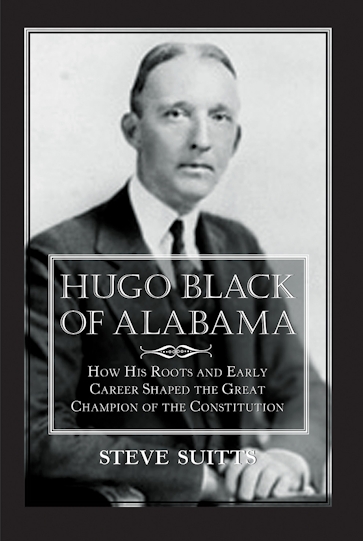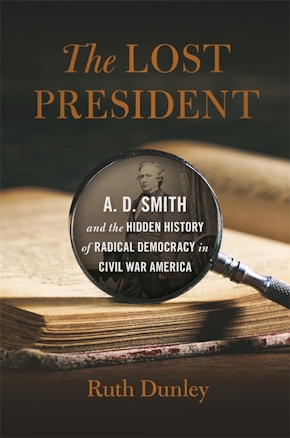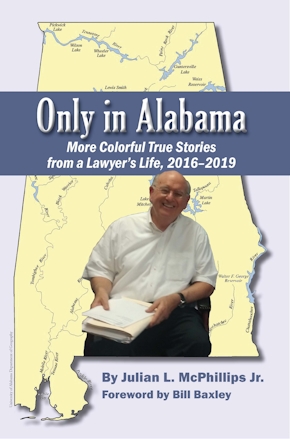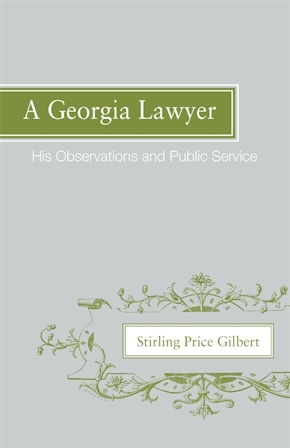Three decades after his death, the life and career of Supreme Court Justice Hugo L. Black continue to be studied and discussed. This definitive study of Black’s origins and early influences has been 25 years in the making and offers fresh insights into the justice’s character, thought processes, and instincts. Black came out of hardscrabble Alabama hill country, and he never forgot his origins. He was further shaped in the early 20th-century politics of Birmingham, where he set up a law practice and began his political career, eventually rising to the U.S. Senate, from which he was selected by FDR for the high court. Black’s nomination was opposed partly on the grounds that he had been a member of the Ku Klux Klan. One of the book’s conclusions that is sure to be controversial is that in the context of Birmingham in the early 1920s, Black’s joining of the KKK was a progressive act. This startling assertion is supported by an examination of the conflict that was then raging in Birmingham between the Big Mule industrialists and the blue-collar labor unions. Black of course went on to become a staunch judicial advocate of free speech and civil rights, thus making him one of the figures most vilified by the KKK and other white supremacists in the 1950s and 1960s.
Alters our perception of Black’s Alabama origins to focus on the less familiar instances of social activism, including the defense of poor whites and blacks against Birmingham’s entrenched system of wealth and power, struggle to preserve United Mine Workers’ interracial unionism, and battle to save indigent black prisoners from the deadly convict mine system.
—Tony Freyer, University Research Professor of History and Law, The University of Alabama
A riveting account of the forces that shaped Hugo Black into the most remarkable Supreme Court justice of the twentieth century. He was, as his wife Josephine said, an ‘irresistible force’—and here are the origins and development of his character. His role as a libertarian judge made him anathema in Alabama for decades, but he was always a son of Alabama.
—Anthony Lewis, author of Gideon’s Trumpet and former U.S. Supreme Court reporter for The New York Times
Biographers and historians have long wondered how it could be that a shrewd Alabama politician, and even a Klansman, could become the nation’s preeminent advocate of constitutional rectitude, justice, and equal rights. Until now that question was hard to answer. In this beautifully written story of Black’s early life, we learn how the complexities of a man’s life defy the common urge to quick judgments and easy stereotypes. This rich and superbly executed work should become a model for unraveling the apparent contradictions in the lives of great figures in our history.
—Paul M. Gaston, Professor Emeritus of Southern and Civil Rights History, University of Virginia
Loaded with detail on an emerging New South as one man maneuvers through its conflicts of race, populism, prohibition and temperance, and woman’s suffrage—at a time of a consolidating system of racial segregation. Birmingham’s diversity factors in the handling of Black’s role in the Ku Klux Klan where white supremacy was compounded with prejudice against Catholics and Jews. Readers will be fascinated by what amounts to the author’s argument with himself about the character of his subject. The book is a refreshing reminder of the richness of the region, the benefits of biography for understanding politics, and the exceptionalism of Alabama in the South.
—Alex Willingham, political scientist, chair of the African American Studies Department at Williams College
Suitts makes a persuasive case that Hugo Black’s joining the Ku Klux Klan in 1923 was a progressive step and not an act of bigotry. But the book does far more than that. A vivid account of a young lawyer’s career on the way to the United States Senate, it details the struggle between cultural and economic values, Alabama style, in the first third of the last century.
—George B. Tindall, Kenan Professor of History Emeritus, University of North Carolina at Chapel Hill
Illuminates the political, economic, class, racial, and family forces that shaped one of the nations’ most influential and controversial Supreme Court justices.
—Norman Dorsen, Stokes Professor of Law, New York University, and President ACLU, 1976–1991
In rich detail, and with a wealth of eyewitness testimony, Suitts lets the reader see why Hugo Black was a great man, and how he fell short of perfection. This vivid portrait of Black from his rural roots to his success in the raw industrial city of Birmingham is full of insight and understanding.
—Sheldon Hackney, professor of history at the University of Pennsylvania, author of Populism to Progressivism in Alabama and The Politics of Presidential Appointment



